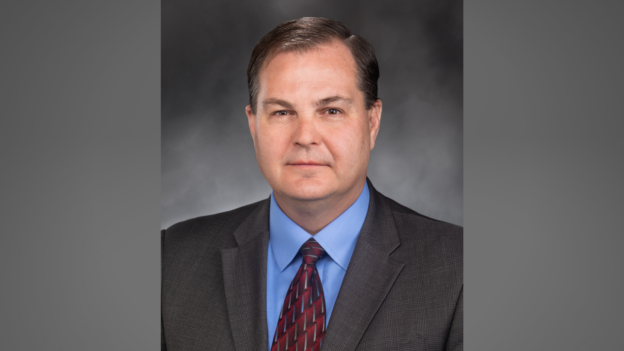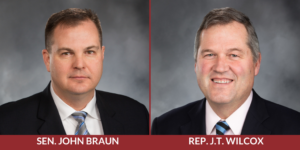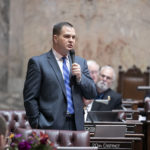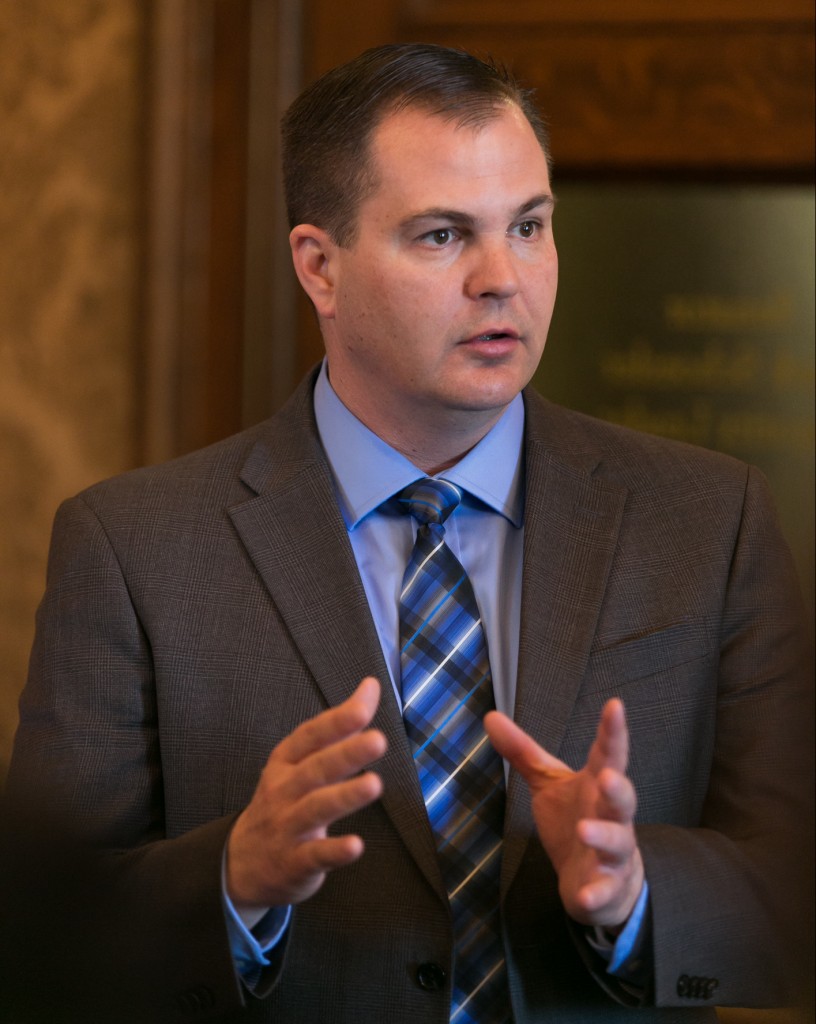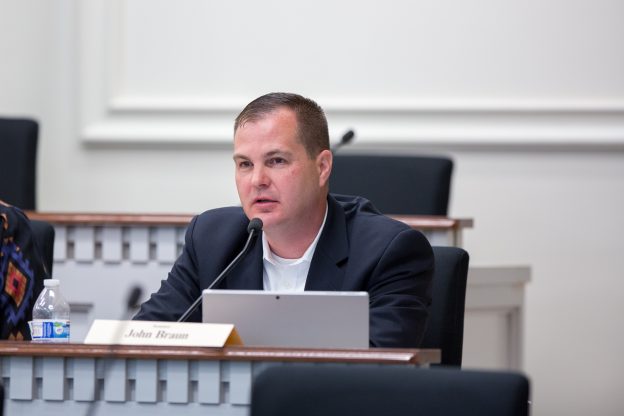OLYMPIA… The Legislature’s Republican leaders say the just-completed 2022 session fell short on addressing concerns they and other Republican lawmakers have been hearing from people across Washington.
House Republican Leader J.T. Wilcox, of Yelm:
“The 2022 session will be remembered for lawmakers attempting to fix problems created in recent sessions, a partisan transportation package that raises fees on Washingtonians, and a failure to deliver meaningful tax relief to families despite a historic budget surplus. And for the second year in a row, House Democrats showed no interest in emergency powers reform. When lawmakers return in January 2023, hopefully we’ll have a wiser and more collaborative Legislature that listens to all parts of the state.
“I’m proud of the real solutions introduced by House Republicans. We offered detailed budget frameworks that included significant tax relief, a comprehensive public safety package, transportation alternatives, true emergency powers reform, and a plan for our environment. We were not just the loyal opposition; we showed Washingtonians they have a choice when it comes to governing.”
Senate Republican Leader John Braun, of Centralia:
“The contrasts between Senate Republicans and our majority colleagues were on full display this session. Our priorities were public safety, affordability and trust – things that are important to all the people of Washington, regardless of where they live and who they are. The people can see how Democrats went a different direction, choosing against meaningful tax relief for families despite a 15-billion-dollar surplus. They’ll feel the fee increases tied to the partisan new transportation package, and notice how Democrats struggled to do even the bare minimum to make our communities safer. Parents will wonder why the majority fell short on responding to concerns about the pandemic learning loss. People who have become distrustful of government will question why only Republicans are serious about installing the checks and balances that will allow the public’s concerns to be heard during a future state of emergency.
“We challenged the majority’s proposals with what we still view as better ideas, like immediate gas-tax relief and a plan to help our communities afford more public-safety resources. Sometimes we were successful – it’s because of Republicans that law-enforcement agencies are getting some crime-fighting tools back. Otherwise, our proposals to reestablish public safety, rebuild public trust, and make life in Washington more affordable were blocked. If there was any question where the interests of our Democratic colleagues lie, it’s been answered by the decisions made these past 60 days.”











